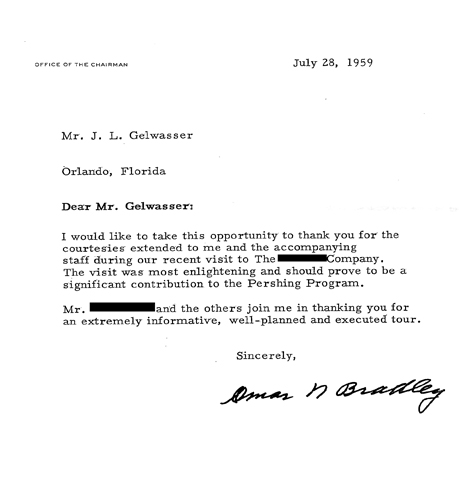by Julian Lee Gelwasser, 90 INFD, 358 INF REG, CO B
World War II started in 1939 when I was 13 years old. When Pearl Harbor was attacked Dec.7, 1941 I was in high school, age 15. Our home room teacher said it would be over in 6 weeks. Sure. Three years later in 1944 I turned 18, graduated and the draft board was waiting. Before that my classmates formed a Victory Corp. , bought “uniforms” and tried to prepare ourselves for service. There was an urgent need for trained riflemen in the army so I was inducted at Ft. Meade and took basic training at Camp Fannin, Tx. I quickly learned to use the M1 rifle, Mi carbine, BAR, 60mm mortar, 30cal MG, Bazooka, grenades and bayonet. We marched 25 miles with full packs in 100 degree weather. It was perfect training for the future snow and cold of the bulge. We should have trained in Alaska. In a matter of months I was on a troopship that landed in Marseilles, France. The bulge started Dec.16th and I was sent north as a needed replacement to the 358th of the 90th INFD. I became a platoon runner for LT. Julius Hebert. He and his non-coms were a wonderful group of men. My teenage mind was still active when Lt. Hebert let me carry his Thompson SMG. Wow, a Tommygun just like the ones carried by G-Men! I also carried his handy talkie radio.
There was much slogging through snow and cold. Food came in small K ration boxes. We were lucky to replace our boots with waterproof shoe pacs.
I was soon introduced to the nearness of death and I began to wonder if I would ever see my 19th birthday. At one time shots were zinging overhead. Lying prone next to a soldier, I poked him to get his attention. I got no response and realized he was dead. Another time, we were working our way through a wooded area in a fire fight when I was blocked by a smoking Jeep. The driver was lying on the hood bare footed. The Germans had taken his boots to replace their own.
After weeks of this we were near Wiltz, Luxembourg pushing the Germans out of a large farm house. To get out of the snow and cold we entered the barn. Big mistake. The Germans had zeroed it in and dropped a mortar shell on top of us. A large piece hit me in the left leg and another one of our men in the platoon was hit in the arm. We both started shouting, “MEDIC!” (I had a compound comminuted fracture and went into shock.)
I was soon covered with a blanket and put on a litter which went onto the fender of a Jeep. First stop was an aid station in ArIon, Belgium. I just missed an amputation. Next I was sent to a hospital in Paris where a Red Cross lady wrote a letter to my parents. This followed with a cross channel boat trip to England on the St. Olaf. At a hospital in Cheltenham I was put in traction for over a month, after which I returned to the US via a C54 hospital plane by way of the Azores, Newfoundland and Mitchel Field, LI. Months of rehab followed in Virginia until I could walk again.
I thought the medical treatment was very good, for those times. I was one of the first to get penicillin in the field.
Sad note: I had written Lt. Hebert a letter and it came back marked “DECEASED.” Nice man — I still think of him.
I received my Honorable Discharge just as the war ended in 1945. The GI Bill was in effect, so I received a college education.
There is an interesting side note to my story. Some 14 years after the war ended, I was 33 and had risen to a mid-level position in the defense industry. I became involved with a major sub-contractor whose chairman of the board was Five Star General Omar Bradley. So former PFC me had a friendly chat in his office with the general. I invited him down to the Cape in Florida to witness a test firing of a prototype missile, after which he sent me a very nice thank you note [shown below] which I have kept all these years.
In retrospect, we 18-year-olds were very patriotic. We loved our country and were ready to fight for it, in the face of fanatical German Nazis who were terrorizing so many people. We did what we had to do to end their threat and end the war.
Hard to believe. Those of us still around are in our 90’s.
